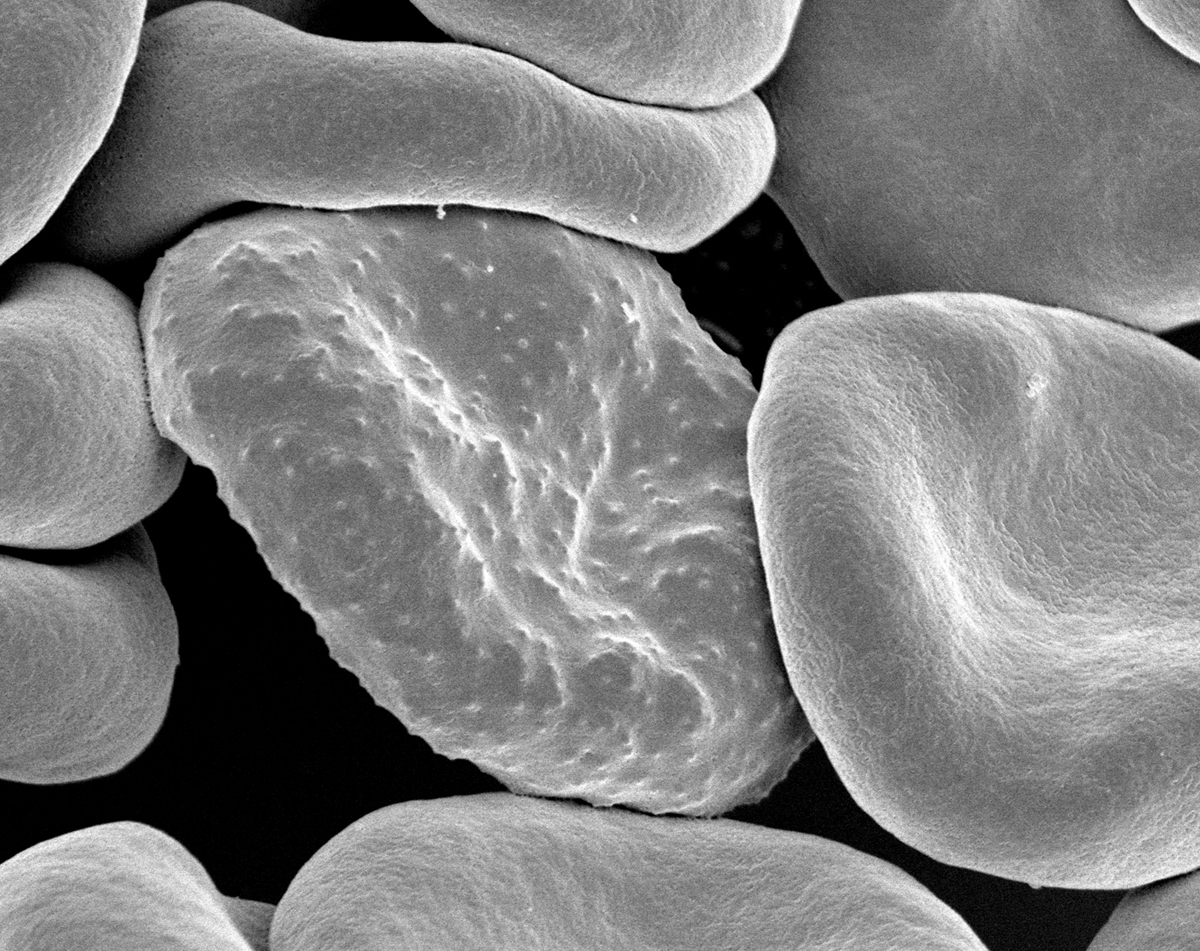
Junel fe is an oral contraceptive which is mostly used by the women who want to prevent pregnancy, and which has to be prescribed by the doctor. It is a combination of the hormones progestin and estrogen, and it is used for several other purposes as well, some of which are related to the regulation of the menstrual period, decrease of menstrual bleeding or pain during the period, but it can also be used in prevention of ovarian cancer. However, given that this medicine consists of hormones, a person should be extra careful when using it along with some other medicines, because certain drugs may decrease the effect of junel fe, and thus cause the accidental pregnancy. Some of such are antibiotics, barbiturates, medications for seizures and protease inhibitors, which is why it is necessary either to use a backup method of contraception, or to talk to the doctor before combining them.
On the other side, women who have problems with liver, gallbladder, diabetes, or cancer should consult with their health care provider before using this medicine. Those with some kind of a heart condition, as well as those with high blood pressure, high level of cholesterol, history of blood clots, or chest pain, should do the same, because serious consequences are possible in such cases. It is important to inform a doctor about depression, pregnancy, or planning to stay pregnant, as well as about breastfeeding, and the use of vitamins or supplements of any kind, because these are some of the elements which should be taken into consideration before prescribing juvenal fe to any woman.
Side effects are possible in every case, but it does not mean that they will be experienced. Also, women who are a part of some risky group, are much more likely to experience some of them. Besides the unwanted symptoms which are, more or less, common for all the contraceptives, such as nausea and vomiting, tenderness of the breast, acne, headache and lack of the sex drive, the most common side effects are increased blood pressure or cholesterol level and excessive vaginal bleeding between the two periods. It is possible that a woman might notice signs of liver damage, such as dark urine or yellowing of the skin; signs of blood clot in a leg or in the lung; migraines and sudden problems with vision, such as changes or loss. Allergic reactions are also possible, as well as signs of the stroke.



-In-Adults_f_280x120.jpg)













Your thoughts on this
Loading...